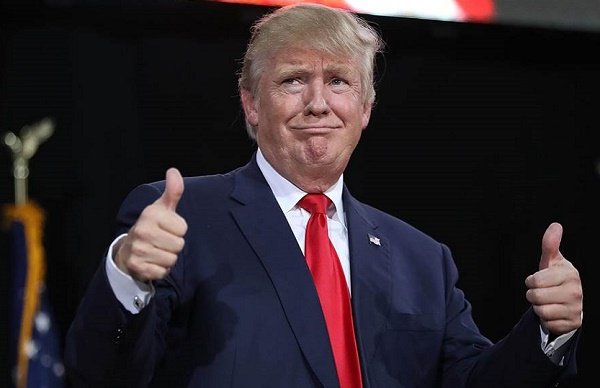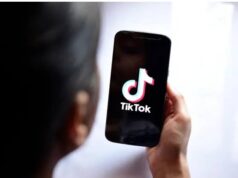Former President Donald Trump, on Thursday, February 8, 2024, won Nevada’s Republican presidential caucuses after he was the only major candidate to compete, winning his third straight state as he tries to secure his party’s nomination.
Former UN Ambassador Nikki Haley, his last major rival still in the race, skipped the caucuses even though they are the only contest in Nevada that counts toward the GOP nomination.
Haley cited what she considered an unfair process favouring Trump and instead ran in Nevada’s symbolic state-run presidential primary on Tuesday when she finished behind the “none of these candidates” option.
Trump will win most, if not all, of the state’s 26 delegates. He needs to accrue 1,215 delegates to formally clinch the party’s nomination and could reach that number in March, AFP reports.
From Nevada, the GOP contest pivots to the South Carolina primary in Haley’s home state on February 24.
2024 election: U.S. gov withdraws from presidential race, endorses Trump
Trump remains popular in the deeply conservative state but Haley, who won two elections as South Carolina’s governor, is hoping her local roots give her an edge. Trump is eyeing a massive delegate haul during the March 5 Super Tuesday contests, which would move him closer to becoming the GOP’s presumptive nominee.
Trump, delivering a brief victory speech in Las Vegas, basked in reports of long lines in the Western state and told his supporters he was eager to declare victory in the upcoming South Carolina primary.
He said: “We’re leading everybody.
“Is there any way we can call the election for next Tuesday? That’s all I want.”
Though Trump has been the front-runner, Nevada’s Republican caucuses were seen as especially skewed in his favour due to the intense grassroots support caucuses require candidates to harness around a state in order to win.
Nevada’s state party gave him a greater edge last year when it barred candidates from running both in the primary and caucuses and also restricted the role of super PACs like the groups that were key to Florida Governor Ron DeSantis’ campaign before he dropped out.
Caucuses typically require voters to show up for an in-person meeting at a certain day or time, while elections can offer more flexibility to participate, with polls open for most of the day on Election Day along with absentee or early voting.
Trump still faces unprecedented jeopardy for a major candidate. A federal appeals panel ruled this week that Trump can face trial on charges that he plotted to overturn the results of the 2020 election, rejecting his claims that he is immune from prosecution.
The U.S. Supreme Court, on Thursday, heard arguments in a case trying to keep Trump from the 2024 presidential ballot over his efforts to overturn his 2020 election loss. The justices sounded broadly skeptical of the effort.
- Police arrest masterminds of Abuja-Kaduna train attack - May 2, 2024
- NLC: How we arrived at N615,000 new minimum wage demand - May 2, 2024
- Newcastle’s Tonali bags two-month ban for betting - May 2, 2024










